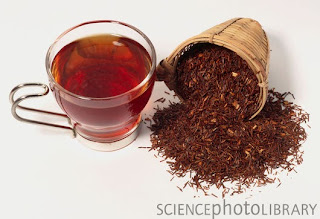This year I’m determined (unlike other years) to dig over my allotment before the first frost. I say this every year and never manage it – busy life, work, kids. But what a bonus if I do it before the winter. The frost will break up the clods of earth making them easier to crumble in the spring, the frost and birds will kill off lots of bugs, I can dig before the soil is waterlogged, I can dig before the April showers (or snow!) and plant earlier, maybe removing more bindweed on the way.
With the sad news of the death of Seamus Heaney, revisiting some poems from years ago, `Digging’ a famous one and much loved has prompted me to write about one of my least favourite activities – slowly and surprisingly becoming easier and less hard work as I get older. I haven’t hobbled to the door of a colleague with post diggers back for a couple of years now, although my allotment neighbours will still find me lying on my back hugging my knees for a few minutes when the deep roots of perennial weeds have got the better of me.
I don’t think I’m particularly strong and I’m quite small, but over the years I have found ways to counter the pain I used suffer after only half an hour’s digging. I love my spade (a hand-me-down, with a thin sharp blade worn down from years of gravelly soil) but have also found another tool, a `chillington hoe’ very useful, providing a very different digging action and saving my back from the same relentless repetitive movements all the time.
So here are some of my tips for less back pain after digging. I can’t guarantee you won’t be in any pain at all but if you follow some of this advice it might help. Of course if you are in any continual discomfort it goes without saying that an osteopath at the Chandos Clinic can give you specific help and advice.
• Warm up before you start with some simple stretches – gardening is heavy exercise.
• Buy a spade with a small blade, then you won’t be tempted to lift heavy spadefuls of earth.
• For the same reasons dig smaller chunks at a time.
• Try a chillington hoe for a different digging action and posture.
• Alternate digging with other chores so you’re not doing the same thing for hours.
• Dig over in the autumn so the frost can help to break up the soil.
• Stand up from digging often to make sure your back still feels comfortable.
• Try the `no dig’ method if you don’t have too much of a perennial weed problem.




